
Smart Contracts and DeFi: Revolutionizing Financial Agreements
Smart contracts lie at the heart of DeFi, automating and securing financial agreements on blockchain platforms, thus eliminating the need for trusted third parties.

Smart contracts lie at the heart of DeFi, automating and securing financial agreements on blockchain platforms, thus eliminating the need for trusted third parties.

The term “RWA” — for Real-World Assets — in the DeFi context is sometimes considered confusing and controversial.
For one, in finance and banking, “RWA” typically refers to “Risk-Weighted Assets,” which are used to determine capital requirements under regulatory frameworks.
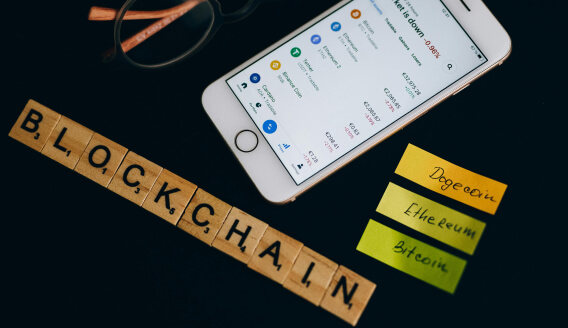
Mina is set to receive a significant upgrade with the Berkeley release scheduled for June 4, 2024. This upgrade introduces a fully zero-knowledge (ZK) application layer, marking a substantial advancement in blockchain technology.
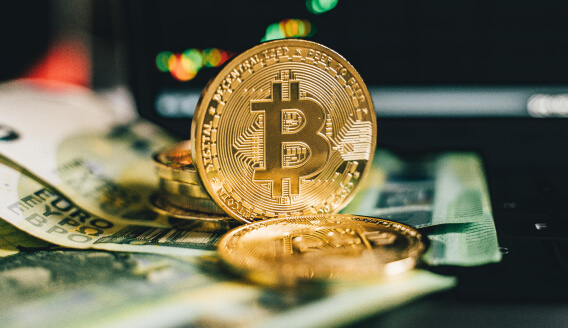
The DeFi lending sector has recently witnessed a significant development. As per CryptoDiffer (a well-known crypto analytics platform), Aave, JustLend, and SparkLend have occupied the first three positions among the DeFi lending protocols in terms of total value locked (TVL). The analytics forum took to its official social media account to disclose this development.

Oracles play a pivotal role in DeFi by providing reliable real-world data to smart contracts, ensuring accurate and timely execution of decentralized financial services.
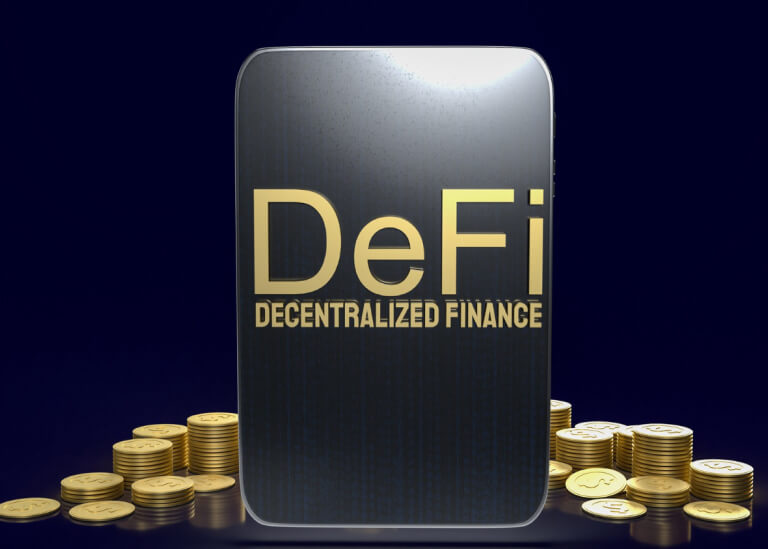
Flash loans represent a unique feature in DeFi, allowing users to borrow assets instantly and without collateral, provided the loan is repaid within the same transaction.
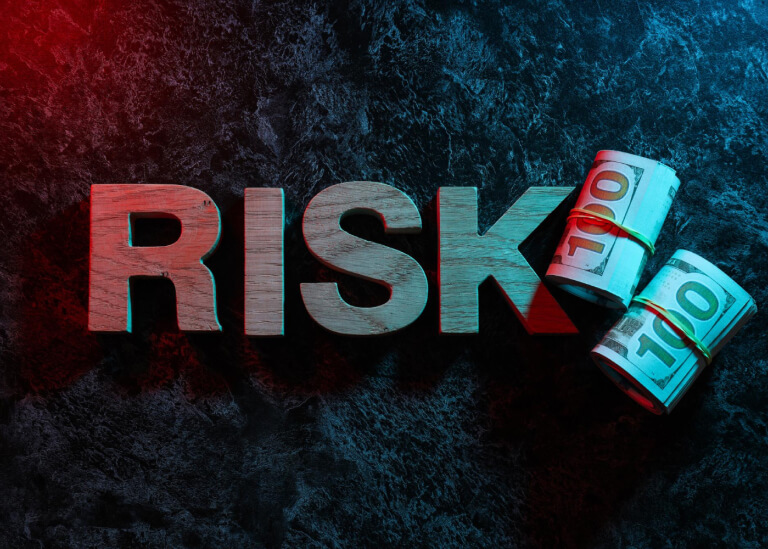
As DeFi grows, so do the risks. Learn about various risk management strategies, including diversification, insurance, and due diligence to protect your investments.
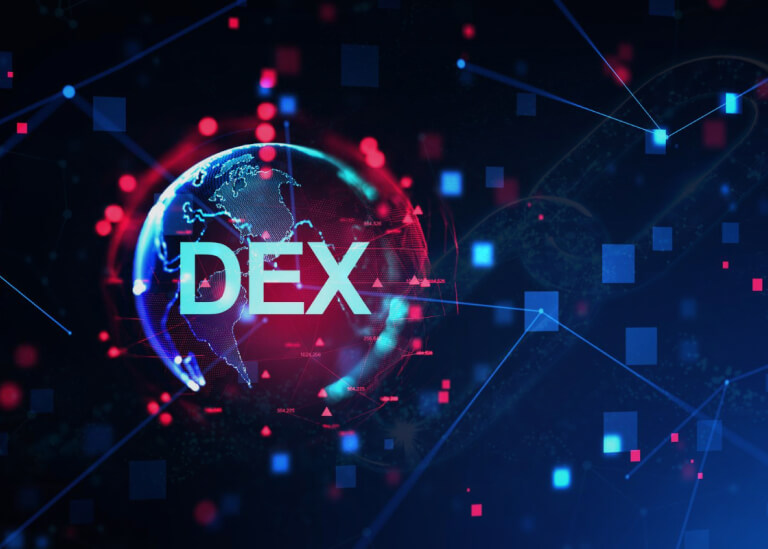
Decentralized exchanges (DEXs) are reshaping the trading landscape by enabling direct peer-to-peer trading of cryptocurrencies without the need for a central authority.
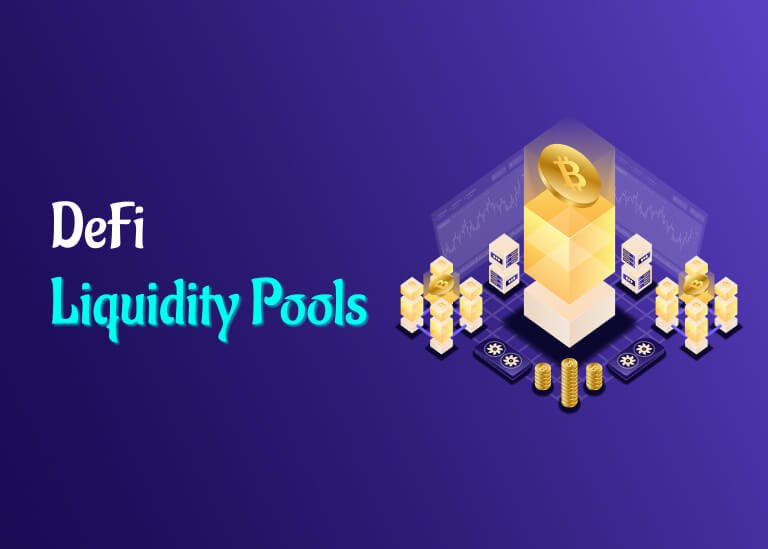
Liquidity pools are fundamental to DeFi, enabling users to pool their assets to provide liquidity for trading pairs, thus ensuring smoother and more efficient markets.
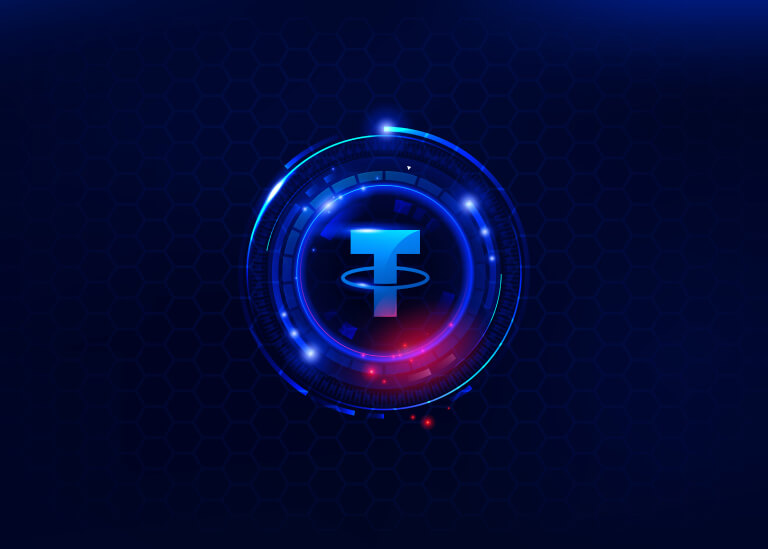
Governance tokens empower users to participate in the decision-making processes of DeFi projects, fostering a community-driven approach to development and management.